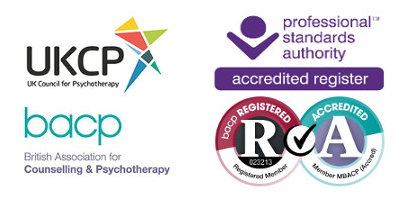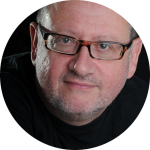Why is it still acceptable to send young children to boarding school?
Seldom has the role of the social worker been so clearly spelt out. On Monday the Institute of Economic Affairs (IEA) released a report arguing that adoption should be used as a first resort for children abused or neglected by their families. Childcare professionals were criticised for their reluctance to place working class children with middle class families.
Social workers have long suspected that they are employed to police the parenting of the underclass, while turning a blind eye to the abuses perpetrated by their social superiors. Middle class families whose children suffer behavioural abnormalities tend to be referred to the child psychiatrist, not the social worker. Partly as a result, we continue to believe that working class people make far worse parents than middle class people, and should be regulated accordingly.
This judgement, which underpins the IEA report, is false. It persists only because Britain’s most overt and qualmless form of child abuse is ignored. Perhaps because this peculiar cruelty is the preserve of the middle and upper classes, it has never been the cause of referral to the child protection register, though both neglect and emotional abuse are clearly demonstrable. It is, if you haven’t guessed already, the barbaric tradition of dispatching children as young as eight, seven, or, in the case of one friend of mine, three and a half, to boarding school. This practice offends 8 articles of the UN Convention on the Rights of the Child, which Britain signed in 1991. Yet it attracts scarcely a murmur of concern.
I have an interest to declare. Good at work, bad at sport, with heterodox opinions and a crippling stammer, I would have been bullied at any school, but at boarding school the bullying was remorseless and inescapable. Sometimes it lasted through much of the night. To have “sneaked” would only have made it worse, so from the age of eight I was thrown upon my own puny resources. It is hard to believe that the teachers didn’t know what was happening: perhaps they thought it was “character building”.
Less visible, but just as prevalent, was sexual abuse: new boys were routinely groped and occasionally sodomised by the prefects. Sexual assault was and possibly still is a feature of prep school life as innate as fried bread and British bulldogs.
While some seemed to thrive in this environment, many of us did all we could to get away. One boy escaped at every possible opportunity, sometimes running as far as 15 miles from the school, before the mysterious tentacles of surveillance and collusion that seem to surround this system captured and returned him. Some schools retained boys and girls during the holidays, when their parents were working abroad or simply couldn’t be bothered.
I hope this doesn’t sound like special pleading from a poor little rich boy. It shouldn’t be hard to see that everyone in Britain suffers from the brutalisation of the elite. Few of its victims have grown up to fight the system which gave rise to these abuses; many more, like the uncaged bird which returns to its perch, defend and promote it. Empowered by the sociopathy in which they were schooled, they visit their agony upon other people. One had only to look at the retributive misfits of the Thatcher cabinets to see how dangerous is the damage done to the captive offspring of the ruling class.
Our silence on this issue is astonishing. The NSPCC has never compiled a report on private boarding schools, has no data and no information. Prep school children are shielded from social workers; the teachers, like everyone else in this system, close ranks. Old boys argue that the harshness of their schooling made them the men they are. In truth, early boarding is no more character-building than any other form of brutalisation. Private boarding schools strive to turn every boy into a monstrous Coriolanus, every girl into a mannered debutante. Character emerges despite, not because of, this system.
The insatiate middle class, having preyed upon its own, now demands the children of the unemployed. Yet, if any parenting patterns need examination, they are surely those which are currently least investigated. The IEA argues against taking children into council care, and rightly so. But how can this position be reconciled with the incarceration of tens of thousands of small children, as a result of a different, and decorous, form of parental neglect?



